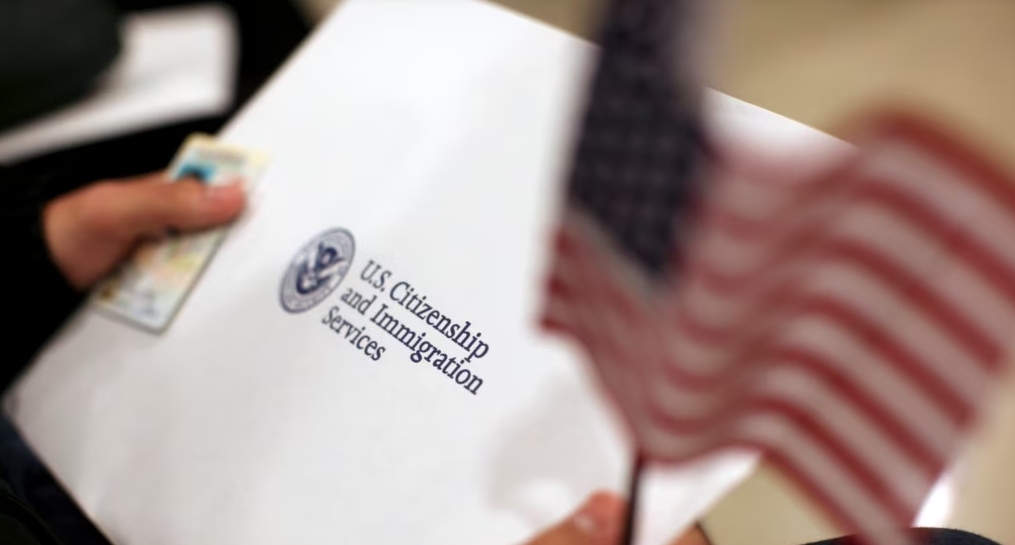The U.S. Citizenship and Immigration Services (USCIS) announced on August 26 that it will reinstate the “neighborhood check” system to closely review eligibility for U.S. citizenship. Dormant for more than 30 years, the policy allows investigators to contact applicants’ neighbors, co-workers, and employers. The move revives a practice last used in 1991.
Federal law requires all naturalization applicants to undergo record reviews, police background checks, and investigations of their residence and employment history over the past five years. The neighborhood check was halted in 1991 because it consumed excessive time and resources and was seen as ineffective. Since then, USCIS officers have relied on FBI background checks, criminal records, and in-person interviews to determine eligibility.
Immigration attorneys have expressed concern over the program’s return. Jonathan Park, an immigration lawyer, warned, “Neighbors or co-workers may not know the applicant’s lifestyle and character well, or they may respond inaccurately due to personal feelings. If the relationship is bad, they may speak negatively.” He added that the system “essentially gives broad discretion to examiners and could be subject to abuse.”
Under the reinstated system, examiners can directly contact neighbors, colleagues, or employers. If the submitted documents are sufficient, the check may be skipped, but on-site visits may occur if deemed necessary. Jung-Hoon Song, another immigration attorney, said the revival could discourage applicants. “People may hesitate to apply for citizenship out of fear of being disadvantaged,” he explained. He advised that applicants must complete the N-400 citizenship application honestly and carefully review their address history, tax filings, and employment records. Song also recommended securing recommendation letters in advance from supervisors or neighbors.
USCIS emphasized that the program is intended to reinforce trust in the naturalization process. In a statement, Joseph Edlow, USCIS Director, said the goal is to ensure only qualified applicants receive citizenship. “We want to thoroughly screen foreign nationals so that only those with good moral character, who are faithful to the principles of the U.S. Constitution, and who can contribute to social order and happiness are granted citizenship,” he said.
BY HANKIL KANG [kang.hankil@koreadaily.com]





![Tesla Diner loses buzz six months after splashy opening in Hollywood Around noon on February 13, the Tesla Diner appears relatively quiet. [Sangjin Kim, The Korea Daily]](https://www.koreadailyus.com/wp-content/uploads/2026/02/0218-Tesla-1-100x70.jpg)